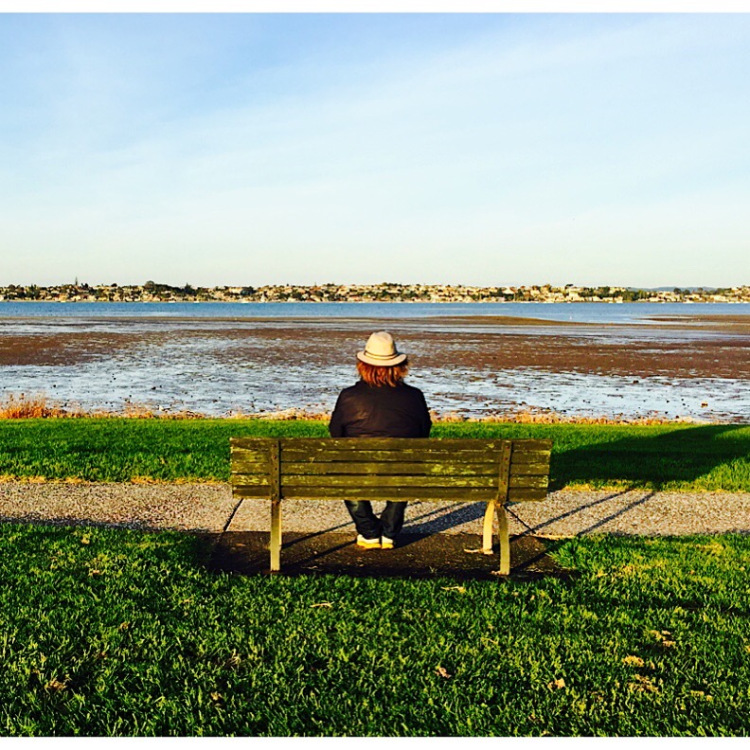Damon Stapleton: Harry Potter and the Prisoner of Lipstick

A blog by Damon Stapleton, regional chief creative officer, DDB Australia and New Zealand.
“One can be the master of what one does, but never of what one feels.” – Gustave Flaubert
Sell Harry Potter to kids and their parents.
This didn’t seem to be the hardest brief in the world for a young creative. And to make it even easier, the marketing director informed me that we would be able to sell at 10 bucks cheaper than the competitor. What could go wrong?
Both stores were in the same shopping centre in Johannesburg and would open for the special occasion at midnight. The marketing director was convinced this would be his finest hour. As midnight approached a fantastically long queue had formed. The only problem was it was outside the other bookshop. The marketing director started to sweat through his crisp white shirt. He started to have a meltdown in the copier paper section. He made weird noises and kept saying but our books are cheaper over and over. It was like a weird marketing mantra to keep him safe. But, price wasn’t the problem.
You see, one of the stores had leather chairs and had the smell of coffee that wafted through the room. It had very expensive art books that nobody bought but did make you feel a little more sophisticated. You might hear art students droning on about analytical cubism and just for a moment you could pretend you were at the Tate in London. In other words, the place made you believe you were more sophisticated as well as more intelligent. It is a feeling that was worth way more than 10 bucks.
Conversely, our bookstore was just a depot with bad lighting. It screamed East Germany with a dash of Post Office. The simple difference was that one bookstore was a place you had to go to and the other was where you wanted to be because it made you feel a little bit special. If you bought your Harry Potter book from the depot you were essentially a philistine and didn’t care about giving your child a magical experience. With other parents watching and judging of course. So, the book might have been cheaper but so were you. Instantly, you were very unsophisticated and dare I say, a little tacky. You may have looked like a bit of a bogan holding the wrong shopping bag as you walked past those perfect active wear families all lined up smelling of coffee and smugness.
And nobody wants to feel like that. So, feelings won over logic hands down. It was a very good lesson for me.
How things feel. Perhaps, the most dangerous phrase in advertising. We all know people don’t make decisions rationally. There is plenty of scientific evidence to support this. However, in business which is by and large a very rational environment this fact is often a very inconvenient truth. A lot of people don’t know what to do with it. There is a distrust of emotion because it is unpredictable. Yet, the evidence keeps mounting that when it comes to people emotion is very predictable. It is always there. And being rational? Well, let’s just say it often seems to take long holidays in certain situations.
In New Zealand, since Covid-19 try and guess what has grown by almost 30%. Think carefully. What could a pandemic increase the sales of that dramatically? And no, it isn’t toilet paper.
The answer is art.
That might sound weird but think about it for a second. Art makes you feel good. Art also might be what you feel you deserve because you can’t take that holiday or afford a new car. We don’t want to give our life up. We are very resilient when it comes to giving up things we believe make life worth living. We find a new way to feel some satisfaction. We find a new way to feel like it all has meaning.
This is not new either. Just look at the GFC in 2008. What product dramatically sold more because of a global financial crisis? Lipstick.
In fact, this has happened almost every time a global crisis happens. It is so predictable it has become known as the “lipstick effect.” It can be traced all the way back to the Great Depression. In the four years from 1929 to 1933 industrial production in the USA halved, but sales of cosmetics rose. The one product designed to make you feel better about yourself.
How you feel about your choice, yourself and the world is way more powerful in terms of making a decision than something making sense in purely a rational way.
You only have to watch the news or look at social media to see how emotion is driving the world right now. It shows that human beings are remarkably predictable when it comes to making choices driven by emotion. Emotion almost always wins.
Many don’t like that fact. But, it is true.
I have a garage full of Harry Potter novels to prove it.
